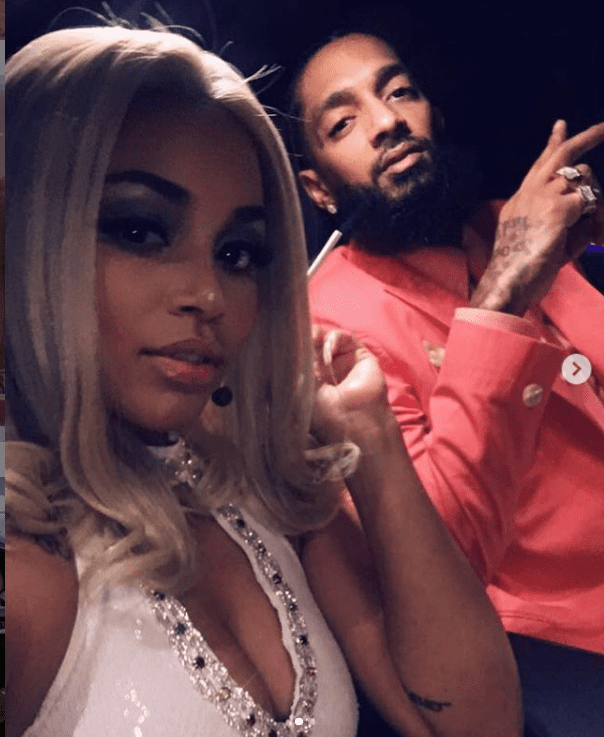
Loss is something we all will experience at some point in our lives. The death of a celebrity or public figure you’ve admired can send you, a family member, friend or child into a grieving process.
Rolling out spoke with Patrice N. Douglas, a licensed therapist, certified anger management specialist, certified parent-child interaction therapist and owner of Empire Counseling & Consultation, about explaining death and grief to young people and how to tell if a loved one might be clinically depressed and need professional help.
What are the best ways to explain death and grief to the fans of a celebrity and to young people?
That’s a tough response because I think at the end of the day, we all know death is coming at some point. I would explain to the fans and young people that, at some point in time [he or she] was going to have to leave this earth. Should [that person] have had to leave the way he did? Absolutely not. Part of grieving is accepting that he is no longer here, processing those emotions and then carrying his legacy on.
Death and loss are definitely a part of life. There [are] some [deaths and losses] that aren’t going to hit you as hard, and there are some that will have you questioning the point of “doing well” in life, considering how they were taken away from us.
As a human being, it’s OK to be hurt that someone is gone. … Whatever they were unable to finish, we can continue their legacy and make their mission come true. We have to grieve them, mourn them, but also carry the torch because that’s what is going to make the difference. They were just the messenger. It’s our job to keep the mission going.
What books or videos do you feel would help with the grieving process?
Definitely look into podcasts on the subject, but sometimes listening to that person’s aspirations, goals and words is helpful as well. We need to be reminded of the goals that that person might have been trying to accomplish, whether it was [their] music or activism. Sometimes healing lies within hearing [that person’s] voice again. Hearing [their] motivation, what got them up in the mornings, and what their plans were for their community. That is a good way of grieving in the right way. Listening to their old radio interviews or watching their videos might be a part of the grieving process that needs to be done as well.
I also recommend reading Grieving Mindfully by Sameet Kumar and Tuesdays with Morrie by Mitch Albom.









